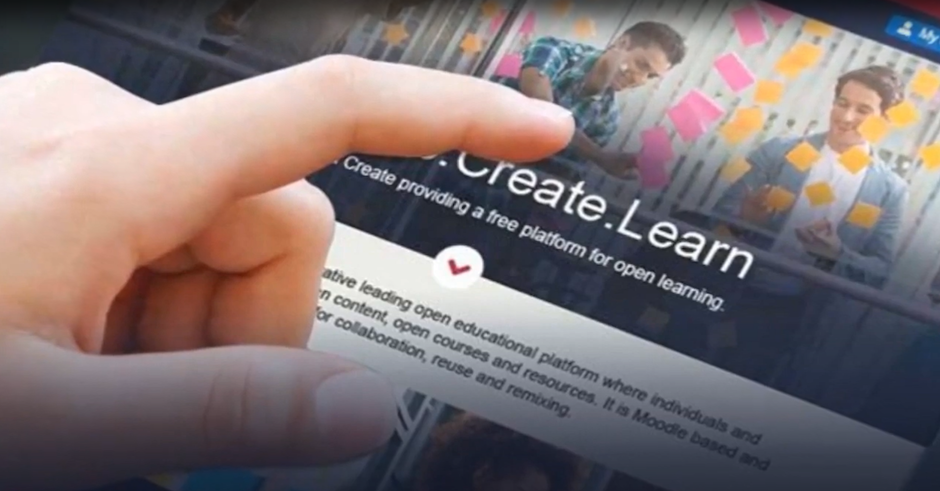Online education is now more popular and essential than ever. Students are supplementing, and during the pandemic even replacing, their in-person education with online lectures and professionals are taking advantage of the convenience to learn new skills online. One example of an online course format is the MOOC which stands for Massive Open Online Course and has become popular among universities who put courses online for anyone to take, free of charge.
The ORION partner Max-Delbrück-Centre for Molecular Medicine, MDC, in Berlin set up a MOOC to engage students on the topics of Open Access, Open Data, Science Communication and Public Engagement. The course is 6 modules long and was initially run over a 6-week period before being converted to a self-paced format. The goal behind the ORION MOOC for Open Science in the Life Sciences was to produce a mixed media course that would truly engage participants and teach them about Open Science in a practical way. At the end of the course, participants should have been able to think differently about their work and apply the facets of Open Science directly in their professional life.
 One of the participants on the MOOC was Deirdre Winrow who is a Researcher studying prostate cancer at Dublin City University. She originally signed up to participate in the hope of improving how she communicated about her research. “I’m quite a young researcher and I don’t have a lot of experience with communicating science to others so I just felt that the course might help me do that a bit better,” explained Deirdre.
One of the participants on the MOOC was Deirdre Winrow who is a Researcher studying prostate cancer at Dublin City University. She originally signed up to participate in the hope of improving how she communicated about her research. “I’m quite a young researcher and I don’t have a lot of experience with communicating science to others so I just felt that the course might help me do that a bit better,” explained Deirdre.
During her participation, she realised that there were ways in which the course content could immediately impact her research. “It seemed like every time there was a lesson in the course it was something I was trying to do at work,” Deirdre remarked.
However, there was one aspect of the course that was especially well timed for her. “I did find it very useful because we were writing an application for a patient engagement initiative to bring our research out into the public, and to make it more accessible to patients and to people in general. So, I found the course really instructive for navigating my way through that.”
She also used the MOOC to help work out a Data Management plan for her current project, which was to develop a urine-based test for the detection of prostate cancer. With the data plan, she then finished writing the application for the Irish Research Council, IRC New Foundations award.
When Deirdre finally heard back from the Irish Research Council, IRC it was good news and her application had been successful. With that she was able to start the project and really put into practice what she had learned in the MOOC. Receiving the funding provided external validation for the content in the course and helped Deirdre to improve her skills and realise her vison of bringing her research to the public.
More information
Please get in touch with Dr. Luiza Bengtsson, Public Engagement and Knowledge Exchange Officer at MDC if you would like to know more about the inspiring story.
Further reading
- ORION MOOC for Open Science in the Life Sciences
- The Online Course on Open Science is back! ORION MOOC 2.0
- Become the next ORION Open Science Champion
